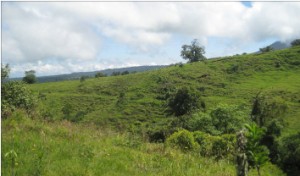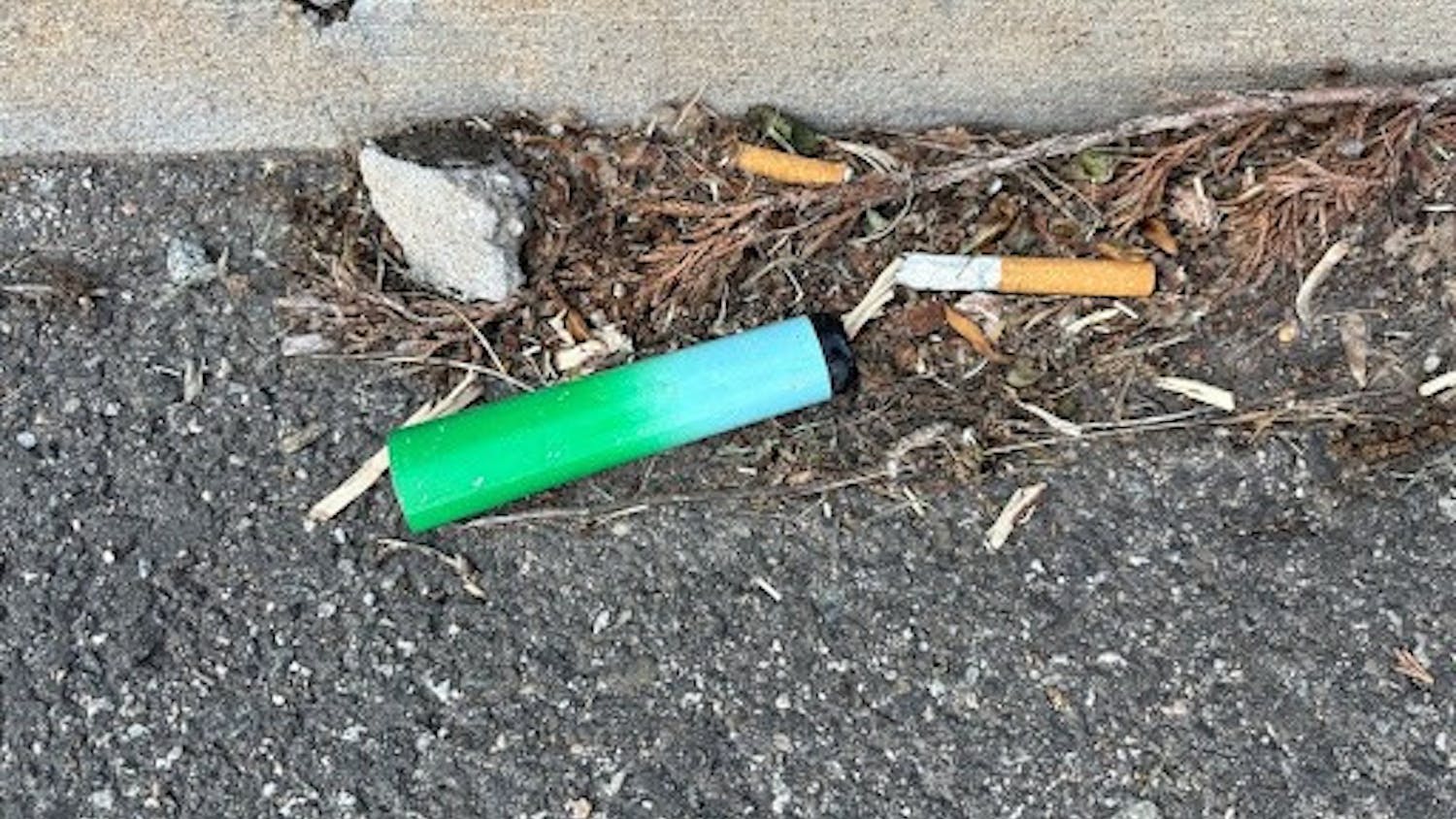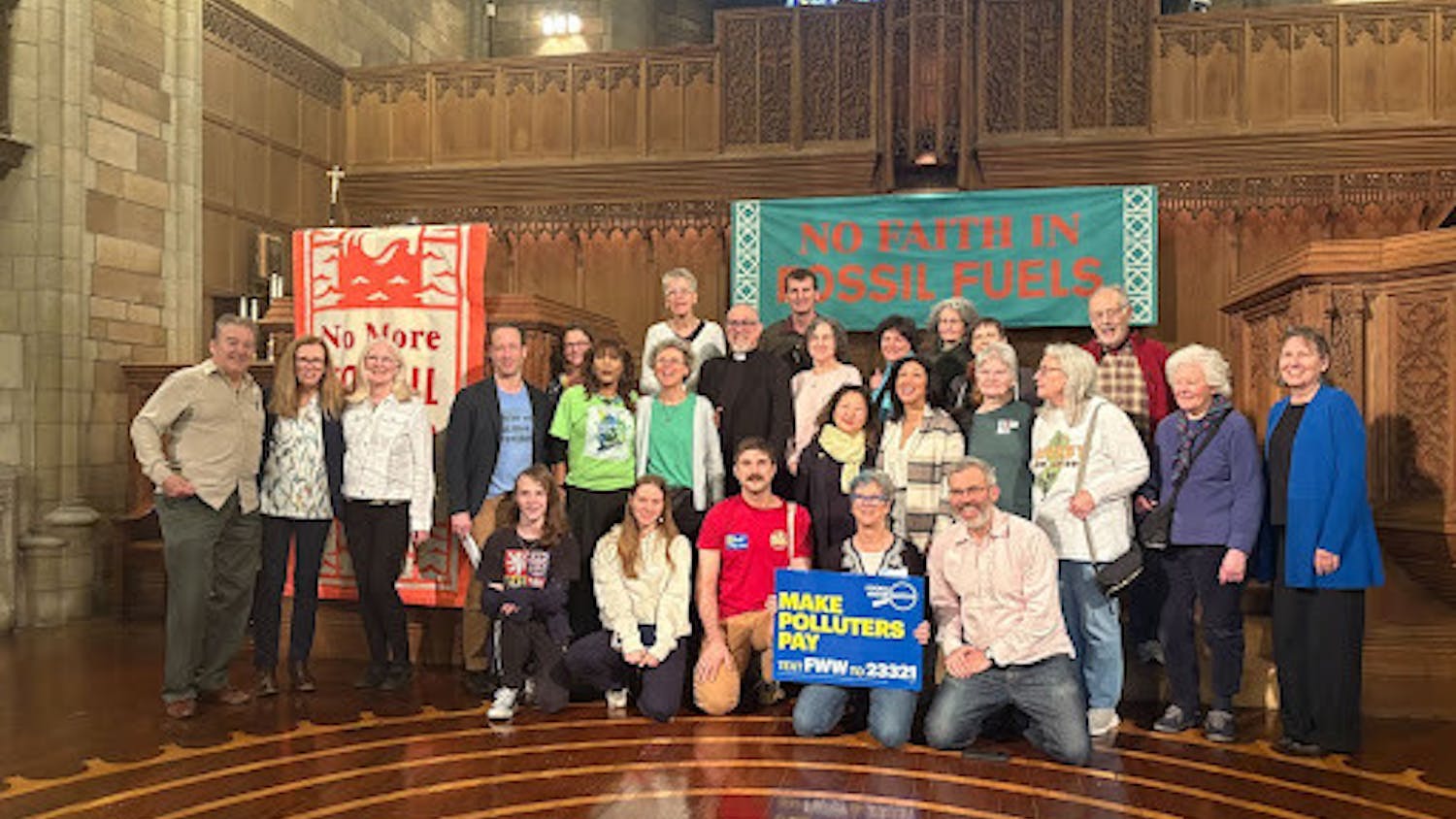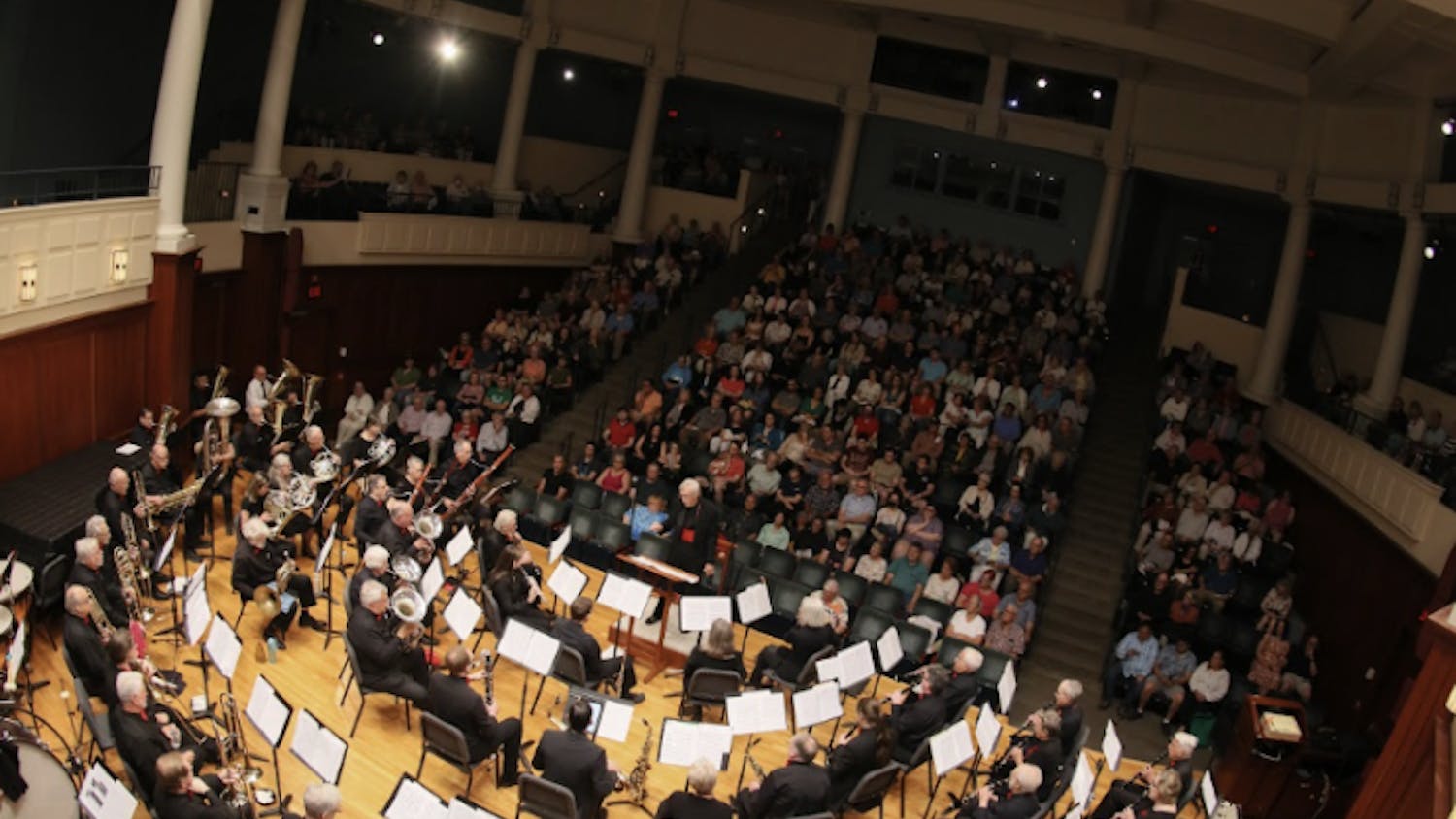Within the first week that I arrived here (man, that seems long ago now) I sat down to watch TV with Luis Carlos and Aura, my host brother and sister. After flicking through a few channels, Luis Carlos stopped on “Jersey Shore.” Seeing as I’ve lived in New Jersey most of my life, I suppose they thought it was more than appropriate. However, within minutes I was quite stunned by the show, and believe me when I say it wasn’t the image of an orange creature in heels slurping down pickles that did it.
Censorship in Costa Rica is entirely different than in the U.S., as in, it barely exists. Like many American shows, “Jersey Shore” was aired in its original English (if you can call it English) with Spanish subtitles. Now it’s probably because most Ticos can’t understand it, but there is absolutely no censorship when it comes to shows aired in their original languages. And although never a direct translation, the occasional swear word can be seen in the subtitles.
As the months have gone by, I‘ve noticed more and more instances where censorship is not applied where it normally would be back home. On a talk show the other week for example, one of the hosts began quoting some piropos (pickup lines) she heard. Some of them were thoroughly crude, yet where normally there would be those annoying beeps in place of swears, there was nothing but what was actually being said.
It goes much further than TV or tele here. As a journalism major, I am inclined to spontaneously buy newspapers or magazines to compare writing styles or even layout format. Upon reaching page four of the first newspaper I bought here, however, it became apparent that Costa Rican publications don’t have as many restrictions — both legal and moral — as those in the U.S.
I bought a paper that practices more traditional journalism, but the content was still extremely open and uncensored. Of course, it still isn’t nearly as bad as “La Teja,” a newspaper here notorious for its weekly photo of a barely dressed model draped across the lower left of the front page (for publicity purposes apparently). Photo journalism in general here is particularly graphic for any paper however; as in, the reader gets a detailed view of murder victims, car crashes, etc. Yes, the photos are police crime scene quality. Needless to say, ew.
This lack of censorship extends into the vida cotidiana (everyday life) of Ticos. Ever hear of a concept called “political correctness”? Of course you have if you’re from the United

States. If you’re from Costa Rica, however, it is much more likely that you haven’t. Being politically correct is more of a nonexistent concept here, and people describe others for exactly what they are.
What do I mean by this? Well, it has taken me a little while to get accustomed to hearing things like “Esa negrita” (That little black woman), “El playo en nuestra clase” (The gay in our class) or “Su amiga la Mexicana” (Your friend the Mexican). Ticos label people by what they are, and they do so unwaveringly. None of it is meant offensively, however, and it is not received as such.
Even a lot of the clothing here resembles this “everything out there” mentality (although the men do tend to dress more conservatively). To sum this up, all I can say is that Brazilian-style bikinis are definitely not just for Brazil.
Granted, we in the U.S. are much more open and liberal in many ways. But as I’ve discovered in my time abroad, our country is less of an exception than previously thought. Not that I’m really complaining. In a way it’s actually quite refreshing to not live in a society that is constantly treading lightly with what it says or does.
Still, for an overtly Catholic country this place sure makes me feel like a prude sometimes.






